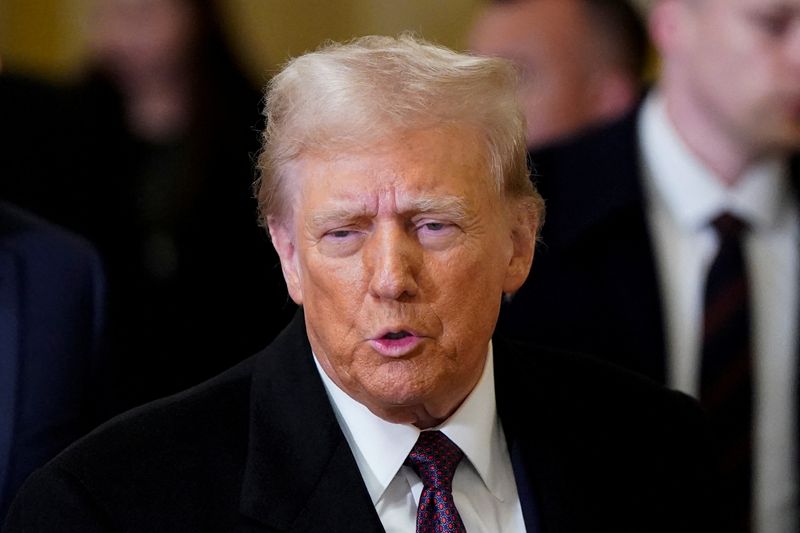The anticipated SEC decision on spot ether ETF approvals has become more intriguing, with Bloomberg analysts increasing their approval odds from 25% to 75%. This shift in sentiment is attributed to potential regulatory changes and the increasing political nature of crypto issues, such as former President Trump’s pro-crypto stance and the Senate’s resolution to overturn SEC’s Staff Accounting Bulletin 121. However, industry experts still express skepticism about swift approval, citing concerns over the liquidity and maturity of Ethereum’s spot and futures markets, as well as its previous classification as a security by the SEC.
The SEC’s request for exchanges to update their 19b-4 documents on an accelerated basis suggests progress in the filing process, though approval is not guaranteed. If the SEC rejects the spot ether funds, issuers would need to re-submit their filings, potentially leading to approval in the fourth quarter of 2024 or early 2025. Some lawyers have suggested that issuers might consider legal action against the SEC if the planned ether products are rejected, given the court decision that ultimately helped get US spot bitcoin ETFs approved.
Ethereum Market Dynamics and Regulatory Concerns
The Ethereum spot and futures markets have experienced remarkable growth in recent years, but they continue to face questions about their liquidity and overall maturity compared to the more established Bitcoin market. The Ethereum spot market’s total trading volume reached $1.8 trillion in 2022, a 28% increase from the previous year, driven by the rising interest in decentralized finance (DeFi) and non-fungible tokens (NFTs). The Ethereum futures market has also seen substantial growth, with the total open interest reaching $7.5 billion as of March 2023.
However, the Ethereum market’s average daily trading volume of around $15 billion in 2022 is significantly lower than the $30 billion daily volume for Bitcoin. Additionally, the Ethereum futures market’s open interest of $7.5 billion is less than two-thirds the size of the $12 billion open interest in the Bitcoin futures market. These liquidity and market depth concerns may continue to raise red flags for the SEC, which has consistently cited such issues as key reasons for delaying or rejecting spot crypto ETF proposals.
Issuer Strategies and Competitive Landscape
Various issuers have submitted spot Ether ETF proposals, each with its own unique approach and target audience. VanEck’s offering is aimed at institutional investors, emphasizing institutional-grade custody and trading infrastructure, while Grayscale’s proposal is geared towards both institutional and retail investors, leveraging the firm’s established brand and track record. WisdomTree’s spot Ether ETF is positioned as a solution for investors seeking exposure to Ethereum’s underlying blockchain technology and its potential applications.
Issuers are also differentiating their products through features like transparency, security, cost-efficiency, and value-added benefits such as staking rewards. However, they must navigate regulatory uncertainty, liquidity concerns, and the need to demonstrate robust compliance and investor protections to gain the SEC’s approval.
Conclusion: High Stakes and Broader Implications
The SEC’s decision on spot ether ETFs is significant for the cryptocurrency industry and the broader financial markets. If approved, it would signal greater acceptance and adoption of cryptocurrencies, particularly Ethereum, by traditional investors. This could drive increased investment and participation in the crypto market, further fueling its growth and mainstream integration.
However, the SEC’s decision will be heavily influenced by the current state and dynamics of the Ethereum market, particularly its size, liquidity, and institutional adoption compared to the more mature Bitcoin market. The SEC’s concerns about market manipulation and lack of liquidity may continue to be a hurdle for spot ether ETF approvals.
Regardless of the outcome, the spot ether ETF saga highlights the ongoing debate and uncertainty surrounding the regulation of cryptocurrencies. The SEC’s decision will have far-reaching implications, potentially accelerating or slowing down the progress of cryptocurrency integration into the mainstream financial system. As the industry and regulators navigate this complex landscape, the future of crypto ETFs and the broader cryptocurrency market hangs in the balance.









